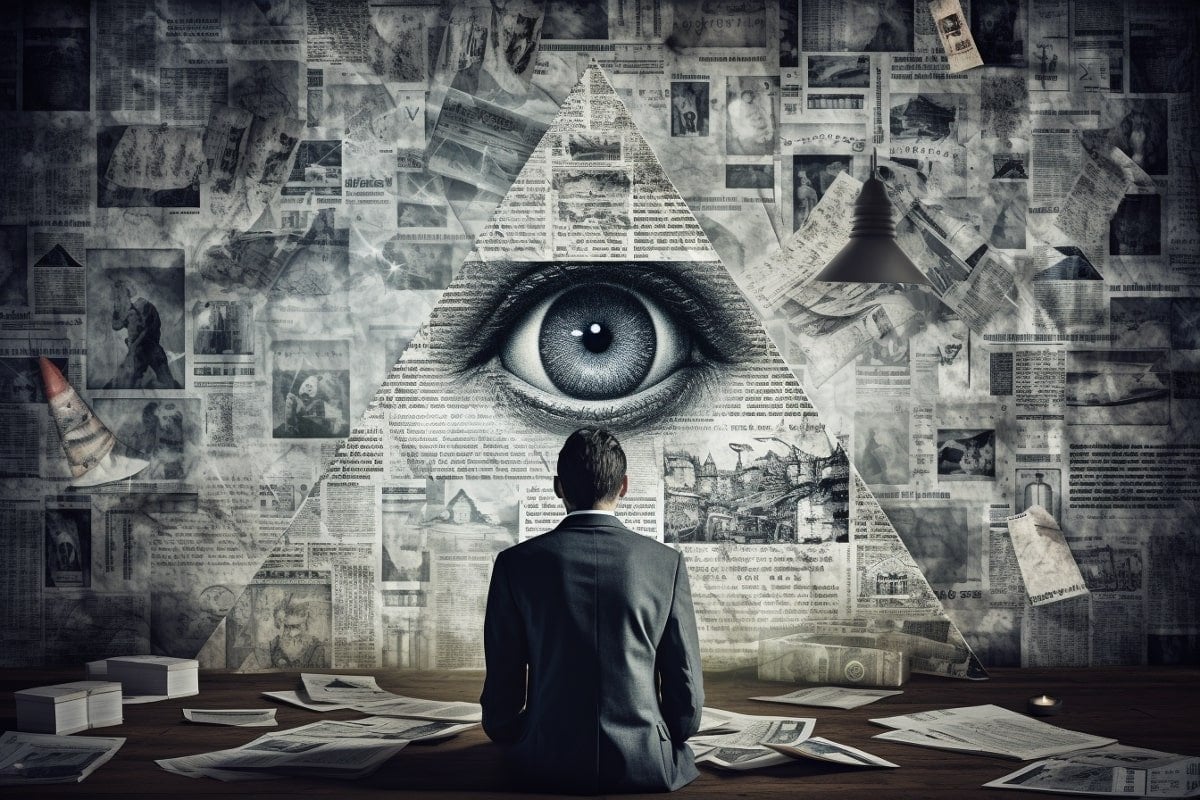Unraveling Conspiracy Theories: Separating Fact from Fiction
In a world where information travels at the speed of light, conspiracy theories spread even faster. From clandestine government operations to alien encounters, the spectrum of conspiracy theories is vast and bewildering. But amidst the sea of speculation and suspicion, a discipline is dedicated to separating fact from fiction: Unraveling Conspiracy Theories.
Welcome, fellow truth-seekers, as we embark on a journey to explore the fascinating world of unravelling conspiracy theories. Strap in, because we're about to dive deep into the essence of this field, uncovering its definition, key aspects, and relevance in today's society.
What is Unraveling Conspiracy Theories?
Think of it as being the Sherlock Holmes of the information age, except instead of solving crimes, you're deciphering the tangled web of conspiracy theories.
The Key Aspects
So, what are the key aspects of unravelling conspiracy theories? Let's break it down:
1. Critical Thinking:
At the heart of unravelling conspiracy theories lies critical thinking. It's about questioning assumptions, evaluating evidence, and approaching information with a healthy dose of scepticism. As Carl Sagan famously said, "Extraordinary claims require extraordinary evidence."
2. Evidence-Based Analysis:
In the world of unravelling conspiracy theories, evidence is king. Whether it's eyewitness accounts, documents, or scientific data, the focus is on empirical evidence that can withstand scrutiny.
3. Contextual Understanding:
Conspiracy theories don't exist in a vacuum. They're often shaped by historical events, societal tensions, and cultural beliefs. Understanding the context in which a conspiracy theory arises is crucial to unravelling its origins and motivations.
4. Debunking Myths:
While unravelling conspiracy theories is about examining the evidence objectively, it also involves debunking myths and misconceptions. Sometimes, the truth is far more mundane than the elaborate conspiracies people concoct.
Relevance in Today's Society
In an age of misinformation and fake news, the relevance of unravelling conspiracy theories cannot be overstated. With the rise of social media platforms, conspiracy theories have found fertile ground to spread like wildfire. From QAnon to flat earth beliefs, these theories can have real-world consequences, influencing public opinion, shaping political discourse, and even inciting violence.
But unravelling conspiracy theories serves as a bulwark against the tide of misinformation. By equipping individuals with critical thinking skills and the tools to discern fact from fiction, we can inoculate ourselves against the allure of conspiracy theories.
Insights and Anecdotes
Now, let's delve into some insights and anecdotes to bring the concept of unravelling conspiracy theories to life.
Imagine you come across a YouTube video claiming that the moon landing was faked. At first glance, the evidence presented seems compelling – discrepancies in the footage, and alleged anomalies in the photographs. But upon closer examination, you discover that the arguments crumble under scrutiny. The shadows align perfectly, the physics checks out, and countless experts have confirmed the authenticity of the moon landing. What seemed like a tantalizing conspiracy theory is revealed to be nothing more than a hoax.
Or perhaps you encounter a friend who fervently believes in chemtrails – the idea that government aircraft are spraying chemicals into the atmosphere for nefarious purposes. Instead of dismissing them outright, you engage in a thoughtful conversation, asking probing questions and presenting evidence to the contrary. Slowly but surely, your friend begins to see through the haze of misinformation, recognizing that the trails in the sky are nothing more than contrails, formed by water vapor condensing in the cold air.
These are just a few examples of how unravelling conspiracy theories can lead to moments of clarity and enlightenment. By challenging our preconceptions and seeking the truth, we can navigate the labyrinth of conspiracy theories with confidence and conviction.
Conclusion
In conclusion, unravelling conspiracy theories is not just an academic pursuit – it's a vital skill in today's information landscape. By embracing critical thinking, evidence-based analysis, and contextual understanding, we can separate fact from fiction and guard against the insidious spread of misinformation.
So, the next time you encounter a conspiracy theory that piques your interest, don't take it at face value. Dive deep, question everything, and unravel the truth hidden beneath the surface. Who knows what mysteries you might uncover?
Are you ready to embark on your own journey of unravelling conspiracy theories? The truth awaits – are you brave enough to seek it out?





Comments
Post a Comment